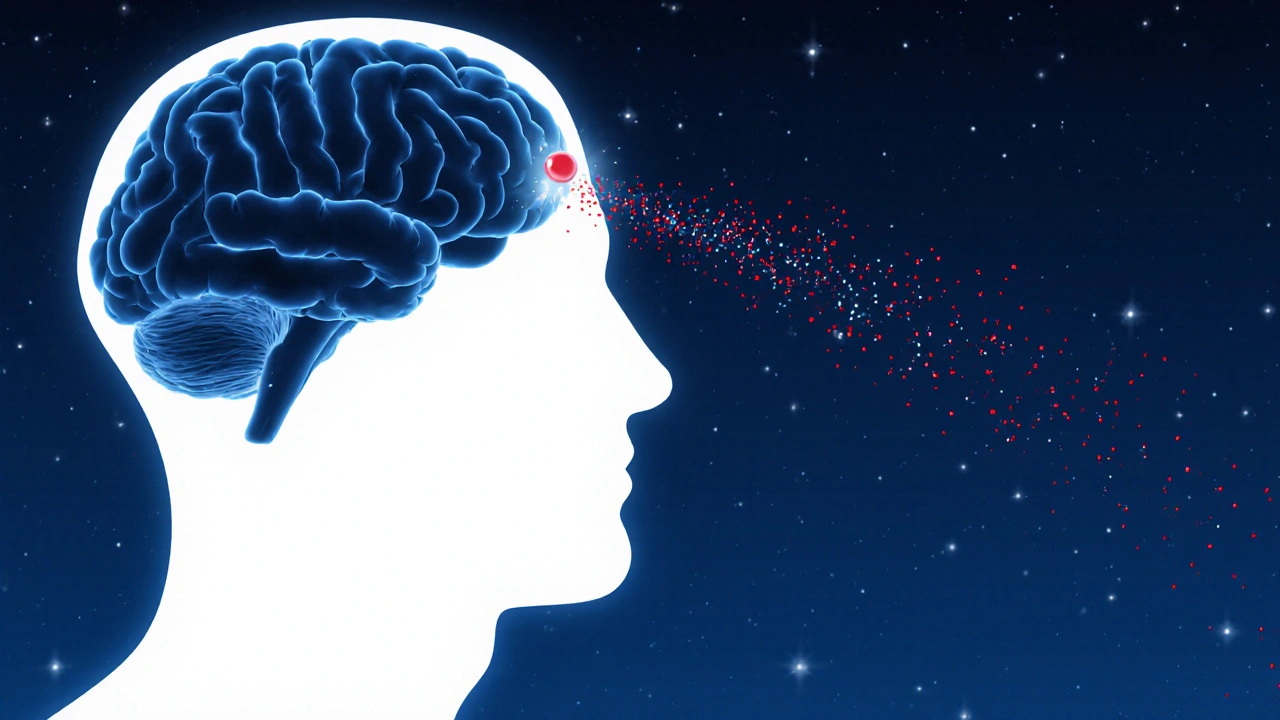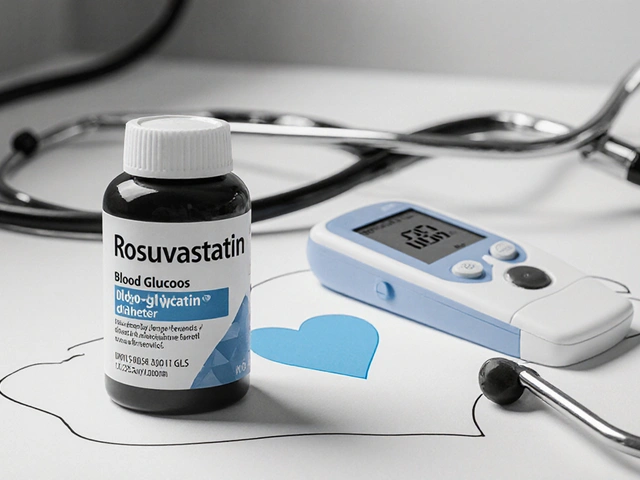Antioxidants: What They Are and How They Protect Your Body
When your body breaks down food or deals with pollution, stress, or sunlight, it produces unstable molecules called free radicals, highly reactive molecules that can damage cells and contribute to aging and disease. Also known as reactive oxygen species, they’re not all bad—they help your immune system fight germs—but too many cause oxidative stress, which is linked to heart disease, diabetes, and even some cancers. That’s where antioxidants, substances that neutralize free radicals and stop them from harming your cells. They’re found naturally in foods like berries, nuts, spinach, and green tea come in. Think of them as your body’s cleanup crew. Without enough antioxidants, your cells start to break down faster than they can repair themselves.
Not all antioxidants are the same. Some, like vitamin C, a water-soluble antioxidant that helps repair skin and supports immune function, work in your blood and tissues. Others, like vitamin E, a fat-soluble antioxidant that protects cell membranes, guard the fatty parts of your cells. Then there are plant-based ones like polyphenols in dark chocolate and flavonoids in apples—each with unique roles. Your body makes a few antioxidants, but most come from what you eat. Supplements can help, but studies show getting them from whole foods works better and comes with fewer risks.
That’s why the posts here focus on real-world connections. You’ll find articles on how certain medications—like statins for cholesterol or diabetes drugs—can affect your body’s balance of oxidative stress. Others show how everyday things like caffeine or nasal sprays might play a role in inflammation. You’ll also see how diet, sleep, and even air travel impact your antioxidant levels. This isn’t about miracle cures. It’s about understanding how small daily choices add up. Whether you’re managing a chronic condition or just trying to feel better, knowing how antioxidants work helps you make smarter decisions without chasing trends.

Explore how melatonin acts as both a sleep hormone and a powerful antioxidant, its role in fighting free radicals, and practical ways to boost this dual benefit.
Continue Reading





